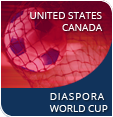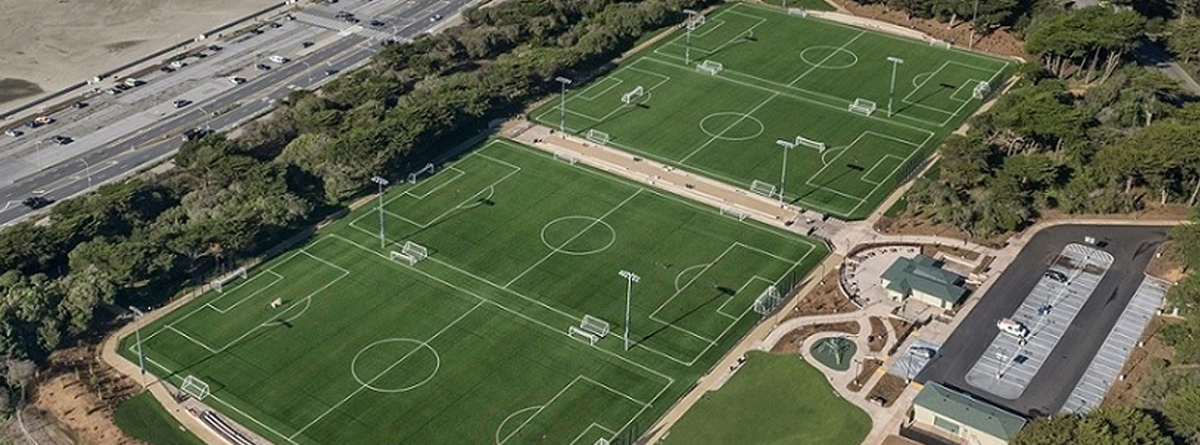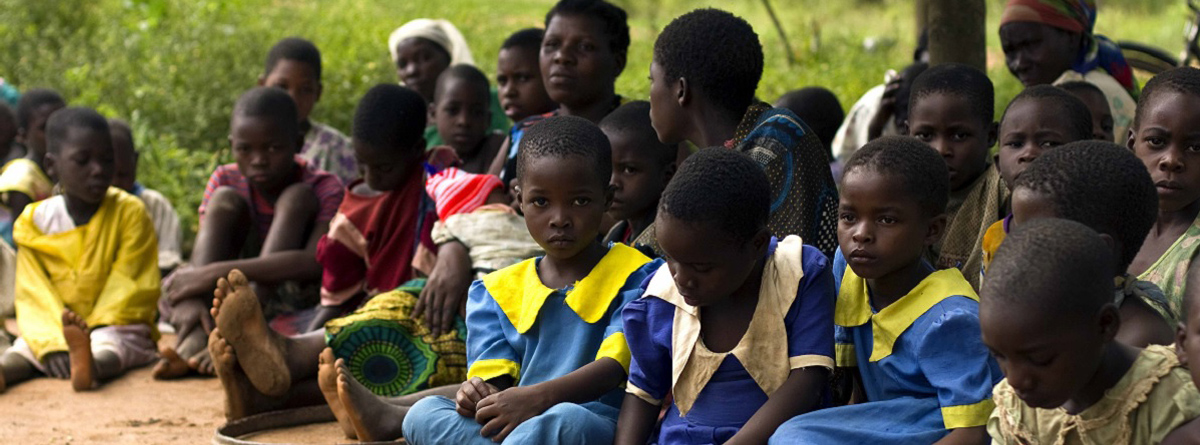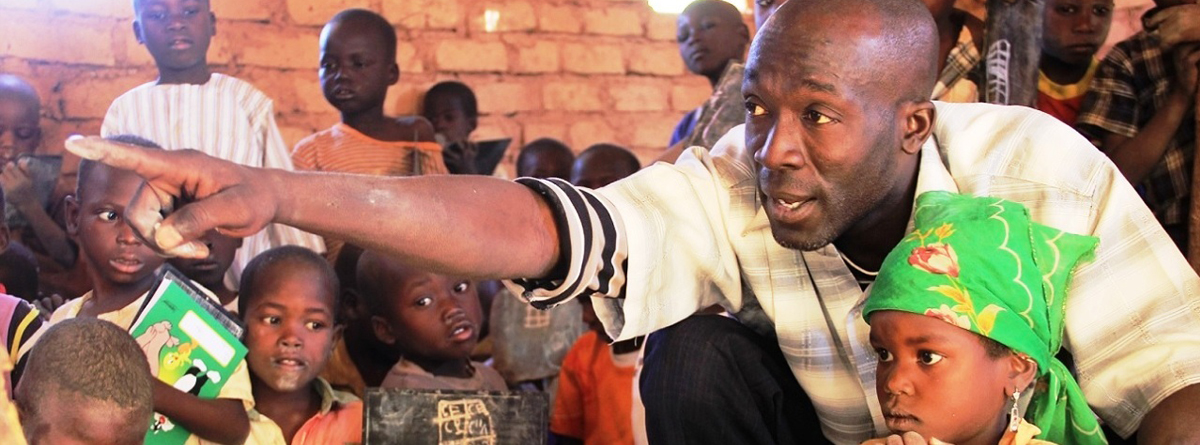|
|
Philippines
Atlanta – Sandy Spring
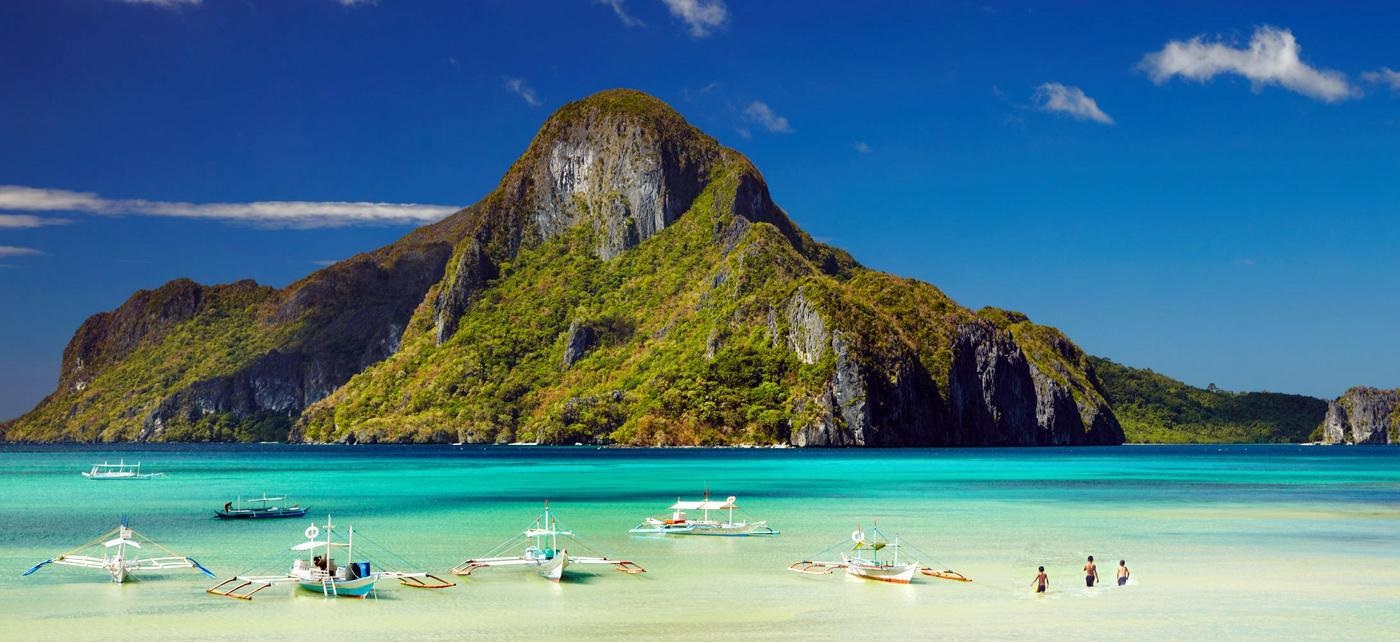
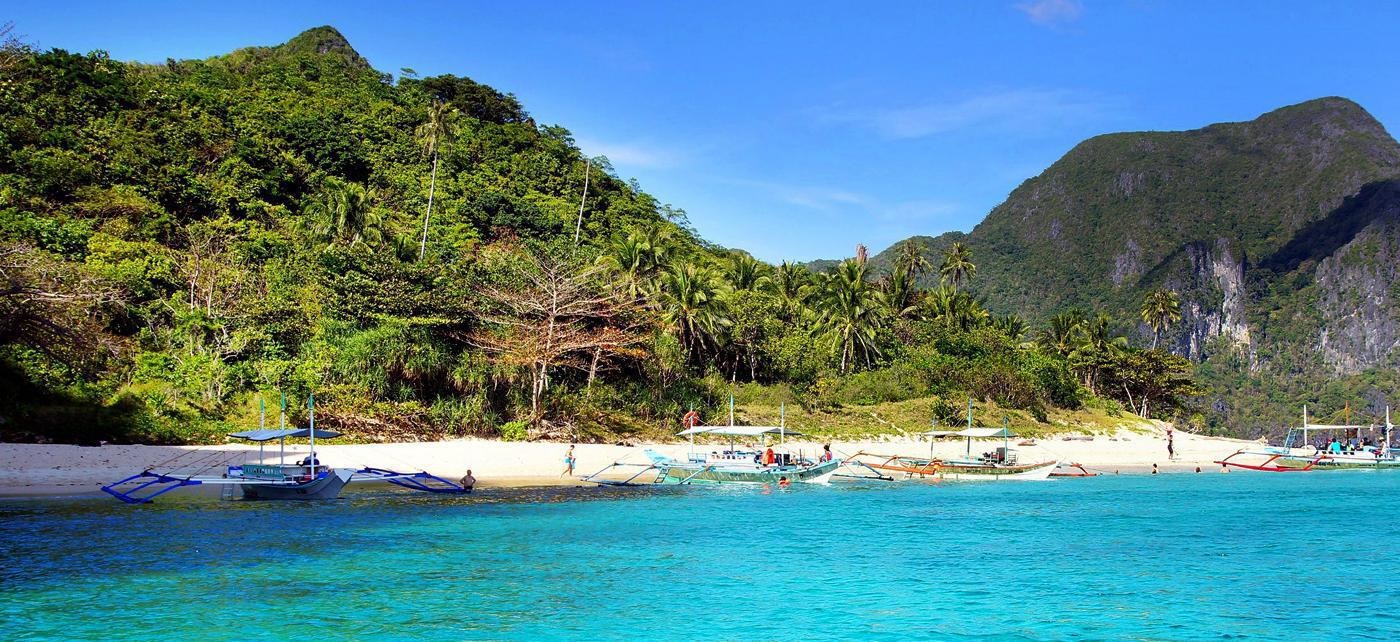
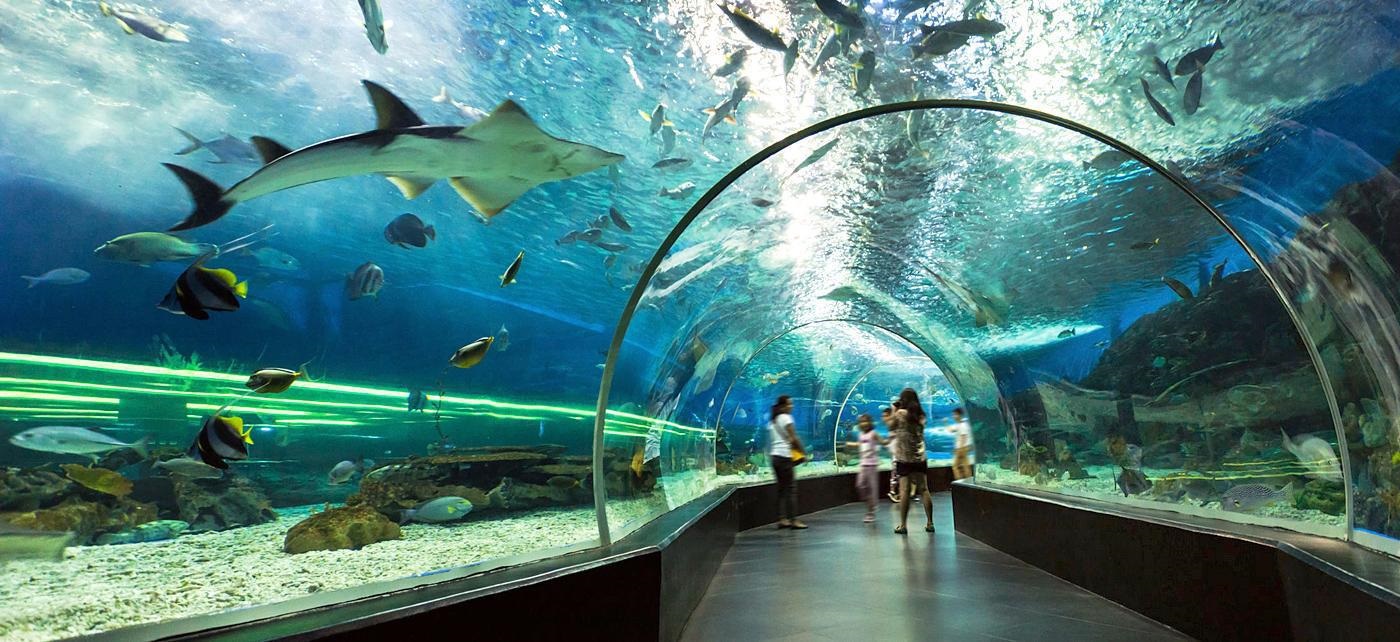
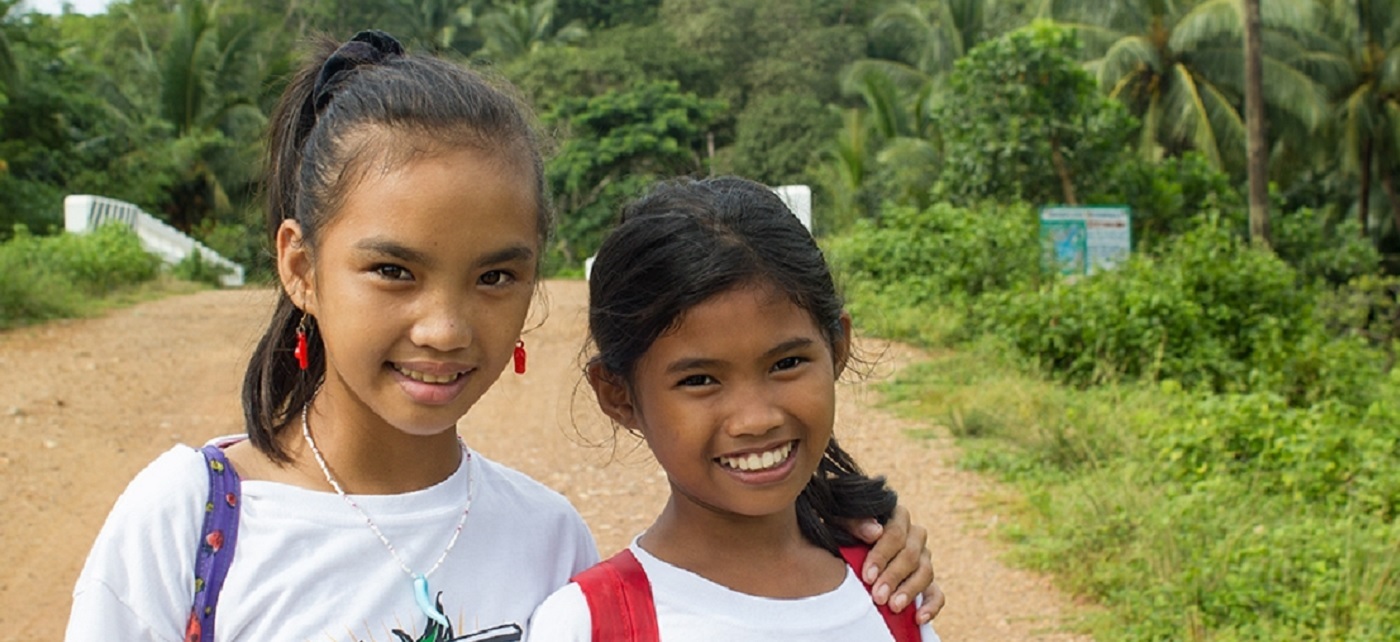
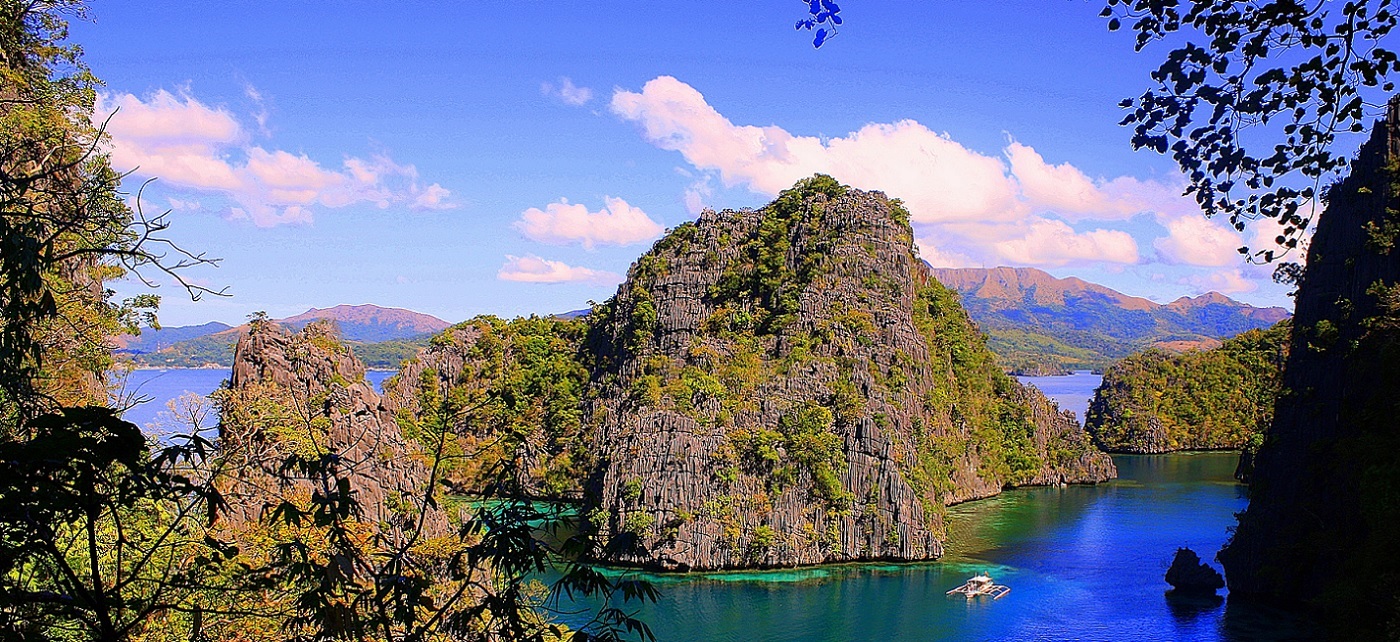
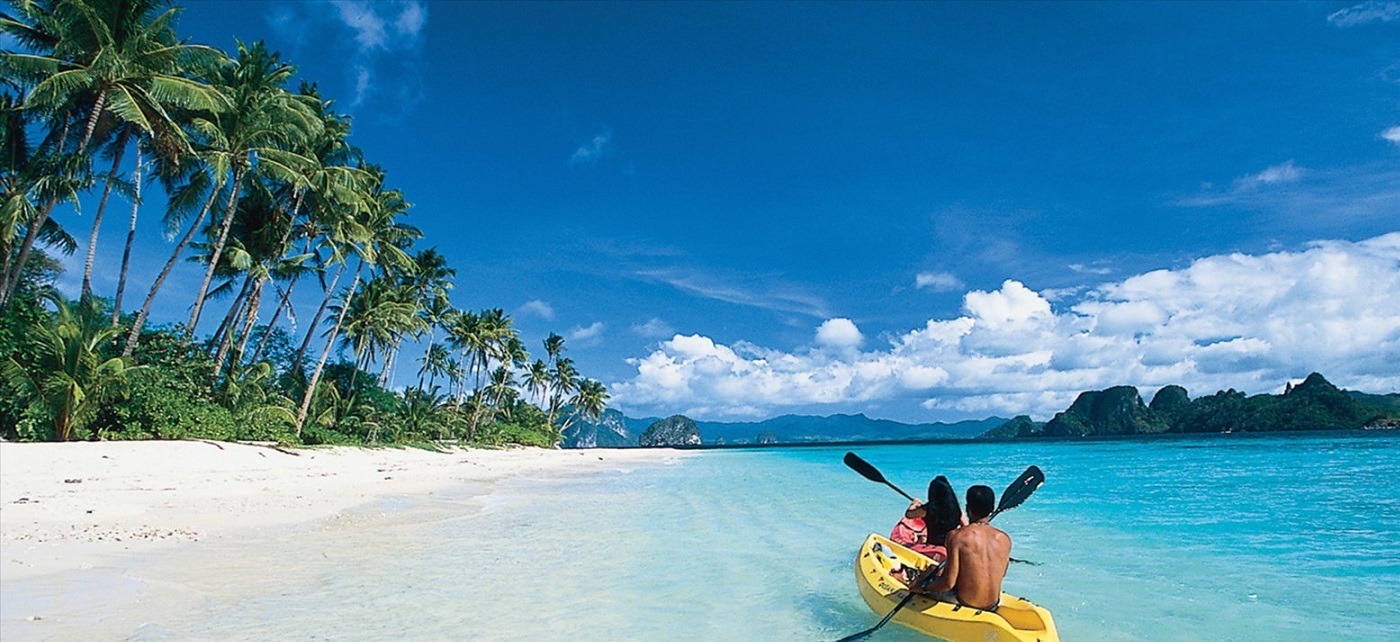
Profile
The Philippines, officially known as the Republic of the Philippines, is a country in Southeast Asia in the western Pacific Ocean. To its north across the Luzon Strait lies Taiwan. West across the South China Sea sits Vietnam. The Sulu Sea to the southwest lies between the country and the island of Borneo, and to the south the Celebes Sea separates it from other islands of Indonesia. It is bounded on the east by the Philippine Sea. Its location on the Pacific Ring of Fire and its tropical climate make the Philippines prone to earthquakes and typhoons but have also endowed the country with natural resources and made it one of the richest areas of biodiversity in the world. Its capital city is Manila.
With an estimated population of about 94 million people, the Philippines is the world's 12th most populous country. An additional 11 million Filipinos live overseas. Multiple ethnicities and cultures are found throughout the islands. In prehistoric times, Negritos were some of the archipelago's earliest inhabitants. They were followed by successive waves of Austronesian peoples who brought with them influences from Malay, Hindu, and Islamic societies. Trade introduced Chinese cultural influences which remain to this day.
The arrival of Ferdinand Magellan in 1521 marked the beginning of an era of Spanish interest and eventual dominance. Manila became the Asian hub of the Manila–Acapulco galleon fleet. Christianity was widely adopted. As the 19th century gave way to the 20th, there followed in quick succession the Philippine Revolution which spawned the short-lived First Philippine Republic, the Spanish-American War, and the Philippine–American War.
In the aftermath, the United States emerged as the dominant power. Aside from the period of Japanese occupation, the United States retained sovereignty over the islands until the end of World War II when the Philippines gained independence. The United States bequeathed to the Philippines the English language and a stronger affinity for Western culture. Since independence the Philippines has had an often tumultuous experience with democracy, with popular "People Power" movements overthrowing a dictatorship in one instance but also underlining the institutional weaknesses of its constitutional republic in others.
The Philippines is a constitutional republic with a presidential system of government. It is governed as a unitary state with the exception of the Autonomous Region in Muslim Mindanao which is largely free from the national government. The President functions as both head of state and head of government and are the commander-in-chief of the armed forces. The president is elected by popular vote for a single six-year term, during which he or she appoints and presides over the cabinet.
Philippine mythology has been handed down primarily through the traditional oral folk literature of the Filipino people. While each unique ethnic group has its own stories and myths to tell, Hindu and Spanish influence can nonetheless be detected in many cases. Many of the myths are creation stories or stories about supernatural creatures, such as the aswang (vampire), the diwata (fairy), and Nature. Some popular figures from Philippine mythologies are Maria Makiling, Lam-Ang, and the Sarimanok.
Philippine cuisine has evolved over several centuries from its Malayo-Polynesian origins to become a mixed cuisine with many Hispanic, Chinese, American, and other Asian influences that have been adapted to local ingredients and the Filipino palate to create distinctively Filipino dishes. Dishes range from the very simple, like a meal of fried salted fish and rice, to the elaborate, such as the paellas and cocidos created for fiestas. Popular dishes include lechón, adobo, sinigang, kare-kare, tapa, crispy pata, pancit, lumpia, and halo-halo. Some common local ingredients used in cooking are calamondins, coconuts, saba, mangoes, milkfish, and fish sauce. Filipino taste buds tend to favor robust flavors but the cuisine is not as spicy as those of its neighbors.
With an estimated population of about 94 million people, the Philippines is the world's 12th most populous country. An additional 11 million Filipinos live overseas. Multiple ethnicities and cultures are found throughout the islands. In prehistoric times, Negritos were some of the archipelago's earliest inhabitants. They were followed by successive waves of Austronesian peoples who brought with them influences from Malay, Hindu, and Islamic societies. Trade introduced Chinese cultural influences which remain to this day.
The arrival of Ferdinand Magellan in 1521 marked the beginning of an era of Spanish interest and eventual dominance. Manila became the Asian hub of the Manila–Acapulco galleon fleet. Christianity was widely adopted. As the 19th century gave way to the 20th, there followed in quick succession the Philippine Revolution which spawned the short-lived First Philippine Republic, the Spanish-American War, and the Philippine–American War.
In the aftermath, the United States emerged as the dominant power. Aside from the period of Japanese occupation, the United States retained sovereignty over the islands until the end of World War II when the Philippines gained independence. The United States bequeathed to the Philippines the English language and a stronger affinity for Western culture. Since independence the Philippines has had an often tumultuous experience with democracy, with popular "People Power" movements overthrowing a dictatorship in one instance but also underlining the institutional weaknesses of its constitutional republic in others.
The Philippines is a constitutional republic with a presidential system of government. It is governed as a unitary state with the exception of the Autonomous Region in Muslim Mindanao which is largely free from the national government. The President functions as both head of state and head of government and are the commander-in-chief of the armed forces. The president is elected by popular vote for a single six-year term, during which he or she appoints and presides over the cabinet.
Philippine mythology has been handed down primarily through the traditional oral folk literature of the Filipino people. While each unique ethnic group has its own stories and myths to tell, Hindu and Spanish influence can nonetheless be detected in many cases. Many of the myths are creation stories or stories about supernatural creatures, such as the aswang (vampire), the diwata (fairy), and Nature. Some popular figures from Philippine mythologies are Maria Makiling, Lam-Ang, and the Sarimanok.
Philippine cuisine has evolved over several centuries from its Malayo-Polynesian origins to become a mixed cuisine with many Hispanic, Chinese, American, and other Asian influences that have been adapted to local ingredients and the Filipino palate to create distinctively Filipino dishes. Dishes range from the very simple, like a meal of fried salted fish and rice, to the elaborate, such as the paellas and cocidos created for fiestas. Popular dishes include lechón, adobo, sinigang, kare-kare, tapa, crispy pata, pancit, lumpia, and halo-halo. Some common local ingredients used in cooking are calamondins, coconuts, saba, mangoes, milkfish, and fish sauce. Filipino taste buds tend to favor robust flavors but the cuisine is not as spicy as those of its neighbors.
Country Location


